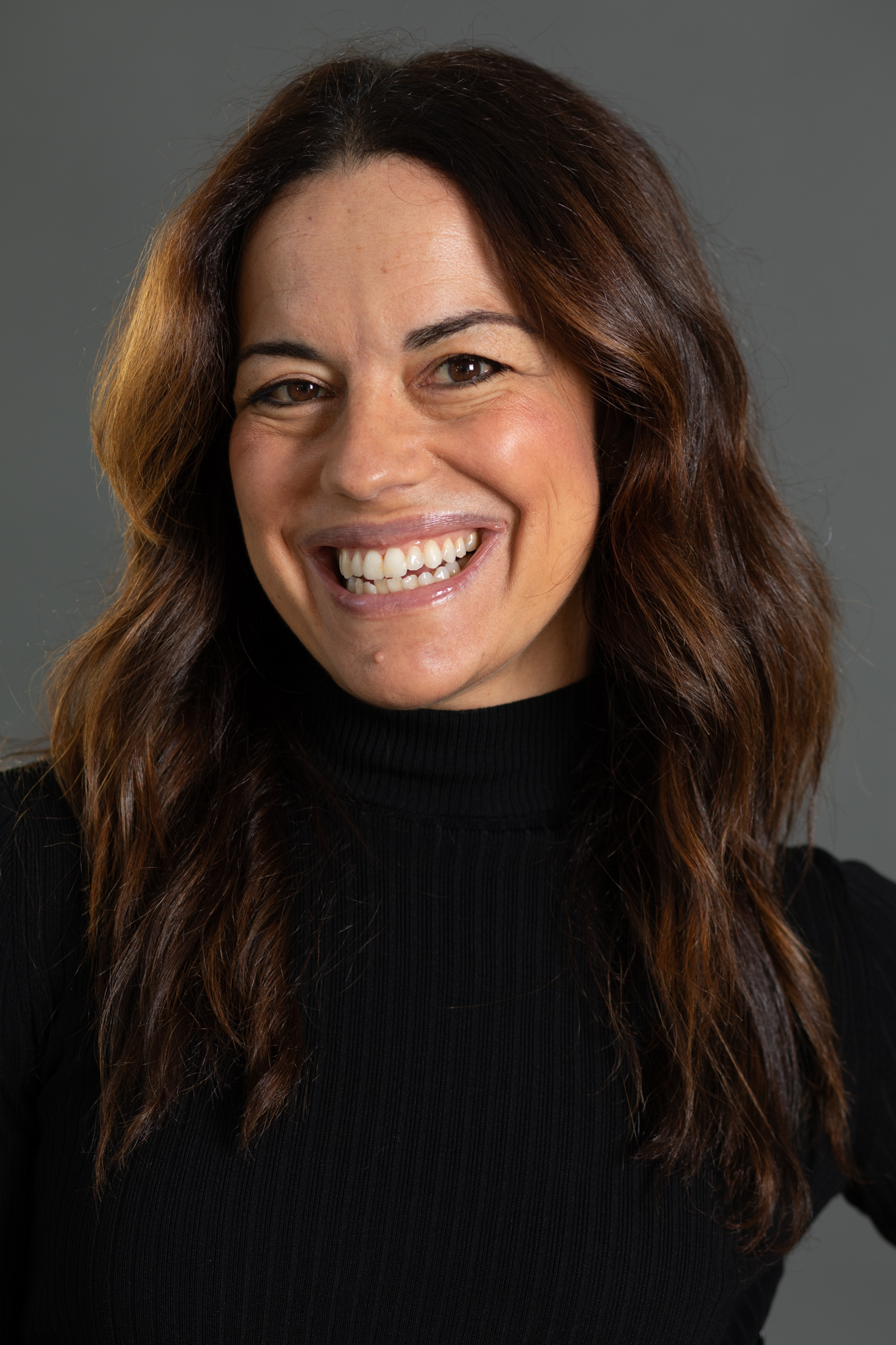
Natalia Mehlman Petrzela, Associate Professor of History, Joins the 2024 Class of Andrew Carnegie Fellows
Natalia Mehlman Petrzela, an associate professor of history, was selected as one of this year’s Andrew Carnegie Fellows by the Carnegie Corporation of New York. The 28 fellows will each receive a stipend of $200,000 that will enable them to devote their time to research and writing. This year the program is focusing on projects that will contribute to the development of a body of research on the growing political polarization in the United States.
“I am so honored for Carnegie to recognize and support my work, especially on the topic of political polarization,” says Petrzela. “I think there is a temptation to believe that our moment is unprecedented and to diminish the historical processes that brought us to this point. For this reason, Carnegie supporting my historical work on this topic feels unique and important. Furthermore, there are many people writing on the culture wars and education, so I feel especially privileged to receive this recognition.”
In her project, a book tentatively titled A Thinking American’s Guide to the Classroom Culture Wars, Petrzela posits that school-related issues are highly contentious because they stand in for our grandest ambitions and deepest anxieties about our children and the world and furnish tangible targets for these emotions—textbooks, curricula, dress codes, bathrooms, and more.
“My first book, Classroom Wars, was about this general topic, but given it was based on my dissertation and it was published back in 2015, it was a different sort of book than the one I am writing now,” says Petrzela. “It focused on just two curricular issues, bilingual and sex education, in one state, California, over about 15 pivotal years in the 1960s and ’70s. That project, especially the theoretical work on pluralism, identity, democracy, and children’s and state rights, remains very relevant to my new project, but A Thinking American’s Guide to the Classroom Culture Wars will be geared to general-interest readers take a much more expansive approach, examining at cultural conflict over U.S. schools over the sweep of our nation’s history.”
More than 360 nominations were submitted by university heads, independent research institutes, professional societies, think tanks, major university presses, and leading publications, all of which were invited to recommend scholars for consideration. Petrzela was recommended by Eugene Lang College dean Christoph Cox, who noted the impact she has made on both academic and public audiences through her academic writings and columns in outlets like the Washington Post, the Chronicle of Higher Education, and CNN.
“Natalia is a wonderfully wide-ranging scholar and public intellectual, and her Carnegie project is really important and timely. It will give us a historical and political perspective on all the battles going on today over how children should be educated,” says Cox.
This bitter conflict is as old as the school system itself. Petrzela’s goal in writing her books is to explain why and offer educators, parents, and students fresh insights into how we arrived at the present—and how to shape the future of education.
“I’m now a parent to school-age children, which has also shaped my view in new ways,” says Petrzela. “Basically, I have been paying attention to this topic since I was a high school newspaper editor, and I am both heartened that more and more people seem to care about what is happening in schools and dismayed at how rarely they seek out history to do anything but affirm their pre-existing ideas. I am so drawn to history, in this case and really always, because it consistently dispels any facile idea that there is one right or wrong way to educate children. This book should feed that appetite to make sense of our current moment while hopefully injecting some nuance and context into conversations that are often ideological and unproductive. Most ambitiously, this read could help us imagine and create a better future.”
The cohort of scholars was selected by a distinguished panel of jurors, chaired by John J. DeGioia, president of Georgetown University, and composed of scholars and academic and intellectual leaders from some of the nation’s most prominent educational institutions, foundations, and scholarly societies.
“The foundation’s support of these fascinating projects is a considered effort to mine scholarship for insights into the underlying causes of the political polarization that is damaging our democracy,” said Dame Louise Richardson, president of the Carnegie Corporation of New York, in a press release. “We also hope to gain insights into the means by which collectively we can mitigate the negative effects of this polarization on our society.”
“This year marks the first time the jury was asked to assess proposals addressing a single topic—the pervasive issue of political polarization as characterized by threats to free speech, the decline of civil discourse, disagreement over basic facts, and a lack of mutual understanding and collaboration,” said DeGioia in a press release. “We were especially gratified by the rigor of the submissions, the wide range of perspectives, and the potential for lasting impact.”